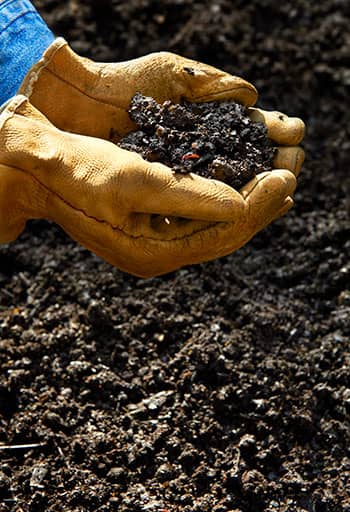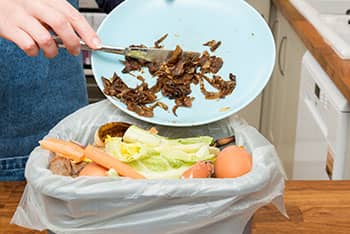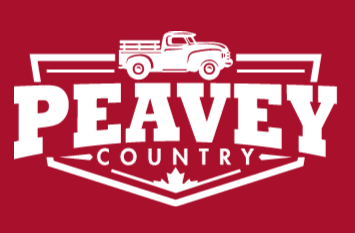How to Start Growing Indoors
Story by Kathleen Raines

The choice of either a compost bin or pile depends on the size of your yard and the amount of household and yard waste generated. The composter should be placed in a flat, well-drained, sunny location, and should be easily accessible so that you can add household waste through the winter.
The process of building the compost is a simple matter of layering and turning, starting with a layer of coarse materials like twigs, tree prunings or raspberry canes to provide aeration and drainage. Next add the fall bounty of leaves alternating with layers of green material. A standard rule is to use one-third green, nitrogen-rich material and two-thirds brown, carbon-rich material like branches, dried leaves, coffee filters, egg shells, straw and peat moss. Mix new additions into the pile to enhance breakdown.
Within a few weeks the pile will start to "cook" as the decomposition process breaks down organic material including pathogens and weed seeds and generates heat. The pile will shrink and compact and frequent turning (ideally every week or so during the growing season- it is a little harder in the winter!) will facilitate the composting process. Adequate moisture in the pile is important. It should have the texture of "a wrung-out sponge" which can be achieved by adding dry materials to a wet pile or leaving the lid off a dry bin to let rain in.
WHAT CAN BE COMPOSTED?
While the list of compostable materials, including paper products and sawdust, is large there are a few ingredients to avoid including:
- meat, bones and dairy products which can cause odours and attract pests
- perennial weeds and diseased plants which might not be completely degraded by the composting process
- pet waste
- corn cobs and peach pits are among the very few materials I have never had any luck composting.
A well-maintained compost bin will generate finished product within six months. The compost you start this fall will be dark, crumbly and smell like earth by next summer. It is an ideal soil conditioner to top dress the lawn, trees, flower and shrub beds or mix into the garden. Your local Peavey Mart or TSC store has a variety of compost bins in a range of sizes and styles to get you started creating free, green compost from your yard and household waste.










